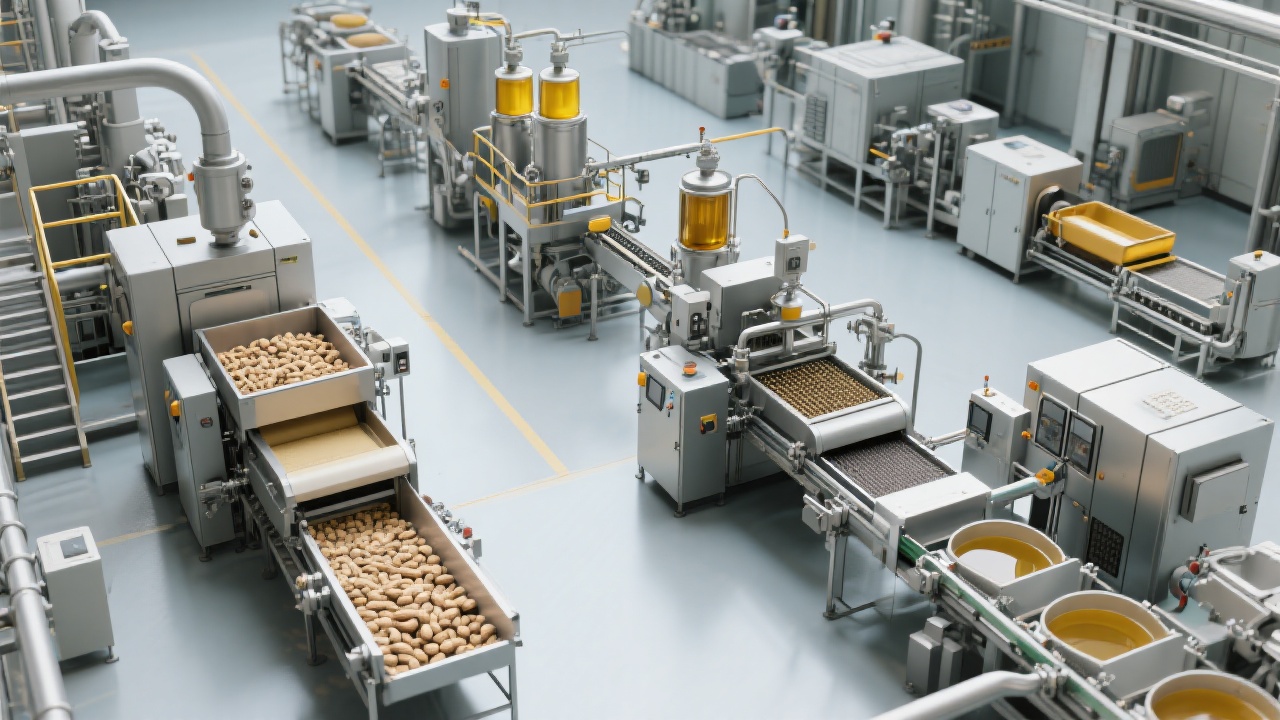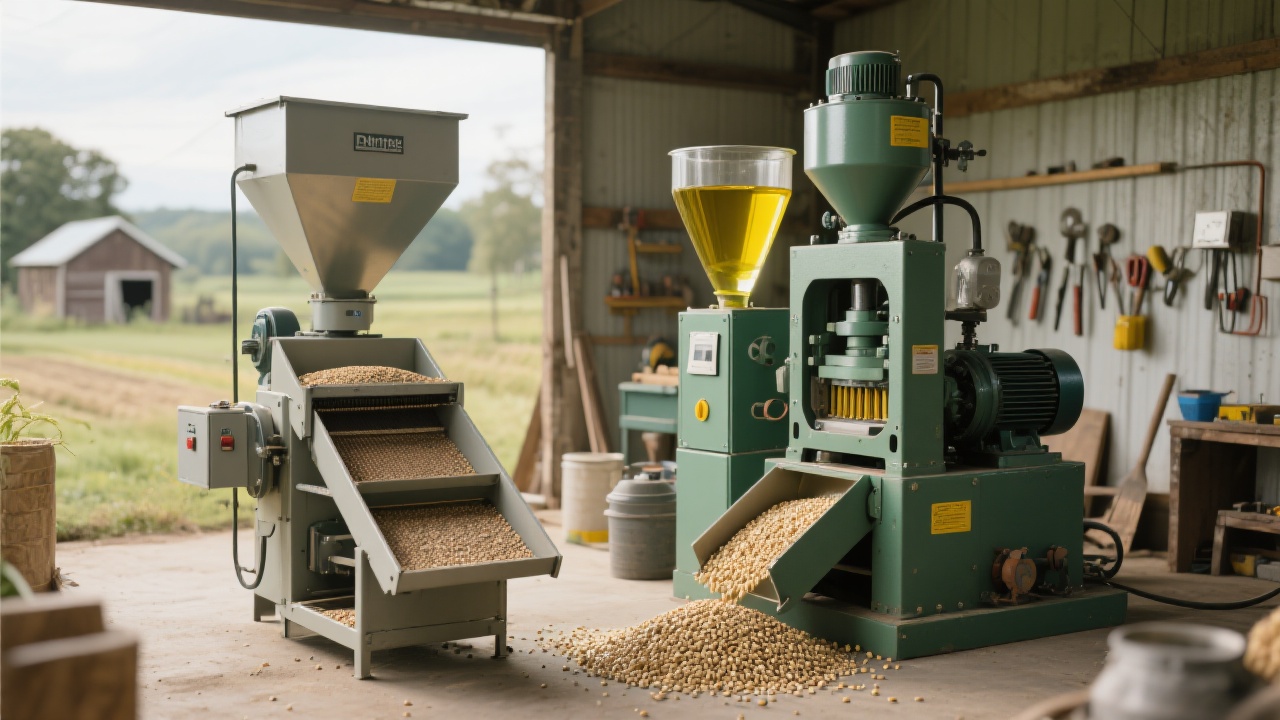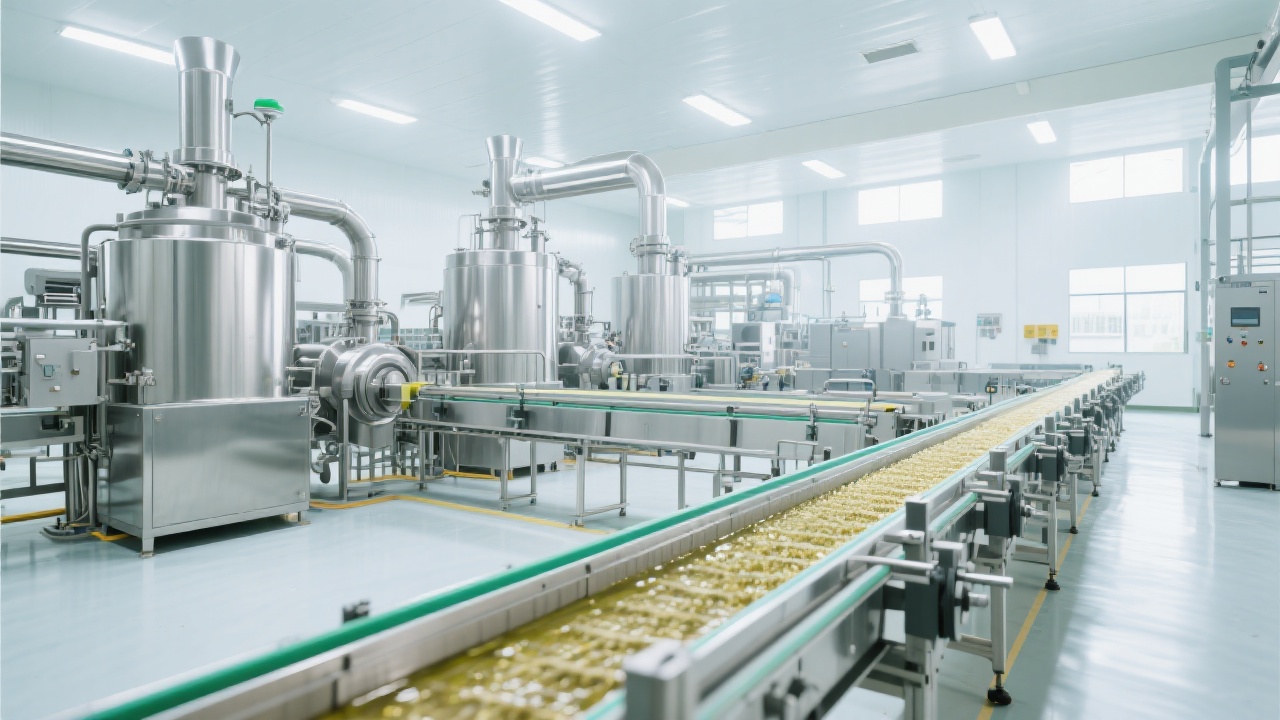
In the palm oil industry, selecting the right palm kernel oil production line equipment is a critical decision that significantly impacts operational efficiency and profitability. With global palm oil demand forecasted to grow annually by 4.5% through 2030, manufacturers are under increasing pressure to upgrade their processing capabilities using advanced technology and precise customization. This article dissects the key technical indicators, performance benefits, and strategic considerations that enterprises—regardless of scale—must evaluate to align equipment selection with their production goals.
Palm kernel oil extraction requires robust mechanical solutions tailored to the unique characteristics of oil palm kernels, such as high fiber content and variable moisture ratios. Modern machinery not only enhances oil yield—achieving extraction rates exceeding 80% on average compared to traditional methods with under 60%—but also optimizes energy consumption and reduces waste.
Market trends in Southeast Asia, West Africa, and Latin America underscore a clear shift toward production lines that integrate automation, precise temperature control, and modular design. For enterprises faced with fluctuating raw material supplies and evolving regulatory standards, equipment adaptability emerges as a pivotal factor.
| Technical Parameter | Typical Range | Benefit to Production |
|---|---|---|
| Extraction Efficiency (%) | 75 - 85% | Maximizes oil yield, reducing raw material costs |
| Processing Capacity (tons/day) | 5 - 200 tons | Scalable equipment suitable for different enterprise sizes |
| Energy Consumption (kWh/ton) | 45 - 70 kWh | Promotes cost-effective and eco-friendly production |
| Moisture Tolerance (%) | 8 - 12% | Ensures stable extraction even with varying kernel moisture |
For small-scale enterprises processing less than 20 tons per day, compact, semi-automatic machines provide an ideal balance between cost and output. They require minimal technical expertise and facilitate phased expansion without substantial upfront investment.
In contrast, medium to large operations benefit from fully automated, highly modular production lines capable of handling flows upward of 100 tons daily. These systems incorporate advanced sensors, optimized screw prensers, and continuous fiber separation units, reducing manual intervention and boosting throughput up to 30% compared to legacy systems.
Customization tailored to local kernel characteristics, acceptable bearing tolerances, and environmental conditions improves machine longevity and output quality. For example, enterprises operating in humid tropical zones require corrosion-resistant materials and enclosed motors with IP54 or higher ratings to mitigate downtime.
In one case, a West African palm oil producer transitioned to a bespoke production line featuring enhanced heat exchanger capacity and variable speed drive controls. Within six months, their extraction efficiency rose by 12%, and energy costs dropped 15%, illustrating how targeted design elevates business sustainability.
Consider the example of a Southeast Asian producer scaling from a 15 ton/day manual system to a 100 ton/day automated line incorporating continuous screw pressing and fiber separation. Post-implementation, the facility observed:

When acquiring palm kernel oil production equipment, decision-makers should prioritize not only initial investment costs but also operational stability, ease of maintenance, and vendor support quality. Industry benchmarks recommend evaluating:
| Selection Criterion | Rationale |
|---|---|
| Extraction Technology Adaptability | Ensures machinery functions optimally despite raw material variability |
| After-Sales Technical Support | Reduces production downtime through prompt assistance |
| Energy Efficiency | Lowers operational costs and supports sustainable goals |
| Flexibility for Future Capacity Expansion | Protects investment value as business scales |

In an industry where margins can be tight and quality standards stringent, strategic selection of palm kernel oil production line equipment determines enterprise competitiveness and sustainability. From smallholders to large-scale manufacturers, embracing technology tailored to specific needs leads to enhanced extraction rates, energy savings, and superior product consistency.
Enterprises should leverage data-driven decision frameworks encompassing performance KPIs, cost-benefit analyses, and on-site trials to validate equipment suitability. Consulting established manufacturers with proven customization capabilities ensures alignment with both current production demands and future growth trajectories.

Ready to maximize your palm kernel oil production efficiency?
Discover Customized Production Line Solutions Tailored to Your Needs


